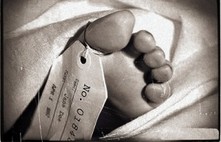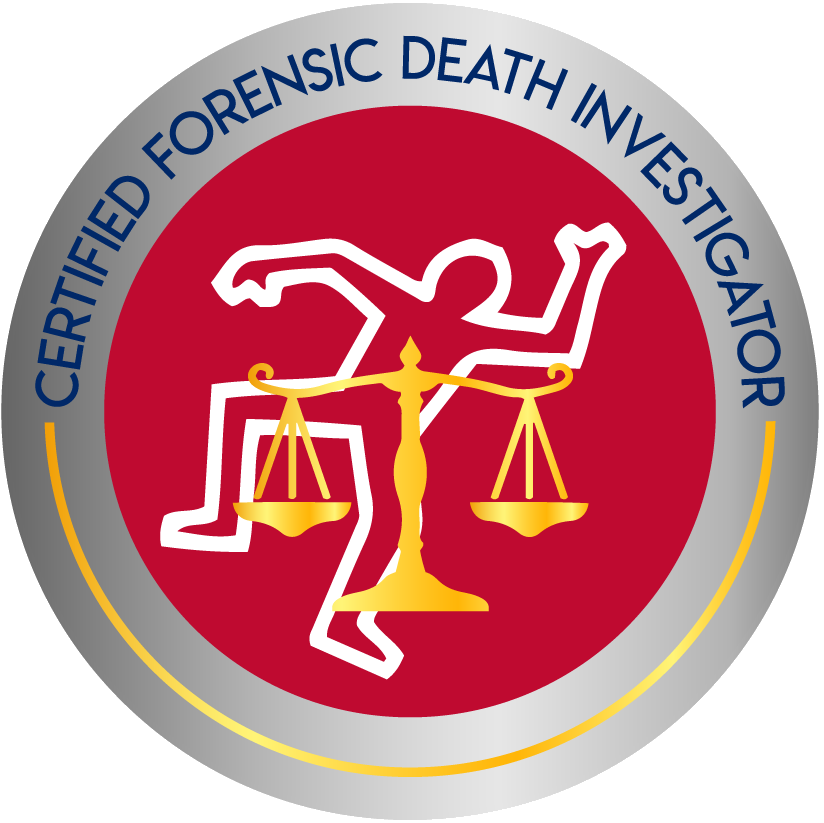a case may require some scene work. Even if at first it appears that the case does not require a visit to the scene, if you have the opportunity, it is always recommended to go back where the event first began. Whether the case involves a death, a motor vehicle accident, or some type of crime, take the extra time, go that extra mile and visit the scene. You might be surprised once you visit the scene to find out that something could not have occurred the way the witness, victim or police officer claims. It is best not to rely on others to do the work you need to do yourself. You are the investigator, and someone is depending on you to see, hear, and get an overall feel of what the scene was like.
Once you have made up your mind that you should go visit the scene for yourself, the next thing to think about is the date and time of when the original event took place. Sometimes it may be a year or even a few years after the event occurred and you may have more work cut out for you than what you originally suspected. Let’s take for instance a case that is a couple of years old where a motor vehicle accident occurred at a particular intersection on May 12, 2008 at 6:00pm. You head back to the scene and after canvassing the area, you discover this is in the middle of a subdivision. After interviewing some of the people in the neighborhood, you discover that the traffic light that is now at the intersection was not there two years prior. Also you are told that when the traffic light was installed, there were sidewalks put in place and some shrubbery was cut down. This information will give you some things to work on and measurements to take regarding the motor vehicle accident. When you compare the photos taken at the scene, hopefully someone did their job and took some photos, and with the awesome photos you will take; you will be able to find the comparison facts necessary in the case.
One very important aspect to take into account when you plan to visit the scene is the time of year. Say you were given this case in December, 2010. You must take into account the fact that the lighting and weather will be different in December versus in May. So you will need to calculate by using either a site that you are familiar with, or this site http://www.timeanddate.com Let’s take for instance the sunrise time for May 12, 2008 in Denver, CO was at 5:48am and the sunset time was 8:05pm. We know the accident took place at approximately 6:00pm on May 12, 2008; however, you receive the case on December 12, 2010. The sunrise time for December 12, 2010 is 7:12am and the sunset is 4:36pm.
So to continue on for the example case, the best time to visit the scene to get close to a similar light source, you would need to visit the scene at approximately 2:30pm on December 12, 2010 since the accident occurred approximately 2 hours before sunset on May 12, 2008. This may seem like too much trouble to some investigators, but if you want to see what others saw in similar daylight, or if the case was during evening ambient light, then this extra step is worth doing in order to get as close to that time frame as possible. Something as simple as figuring out the best time to visit a scene will assure your client that they hired the right investigator and this will give them confidence in your work product.
Also, if you get the case shortly after the motor vehicle accident occurred, you will have more than one scene to visit. Consider all options available that are connected to the main scene and go visit the mini scenes. For instance, if the vehicle or vehicles are still available to view, it is important to go see these vehicles with your own eyes and take several photos. Again, you as the investigator need to investigate the damage of the vehicles, do not rely on what other people say they saw or thought they might have seen. You might just be amazed at what you see in the photographs you take versus what you saw in person.
When there are motor vehicle accidents involving an intersection with a traffic light, you will want to go to that site, again using the time analysis as described, and sit and watch the light change for yourself. Once you investigate the traffic light and document all necessary information, you will want to take this a step further and contact the traffic engineers who maintain that particular intersection. The traffic engineers could be a private company or department of a jurisdiction which may be at the state, county or municipal level.
These are important extra steps necessary in order to either collaborate what witnesses have stated, or dismiss their statements. Another reason to check traffic lights yourself, and then make contact with the traffic engineers is to ensure there was not a power outage, maintenance, or weather related issues on the date in question. By checking the pattern of the lights yourself, you will then be able to discuss what you documented with the traffic engineers. Perhaps you might even alert them to an issue they did not realize they had with that particular traffic light.
Times and dates are not the only thing to think about when you visit a scene. The temperature, as well as the type of weather has an influence on the entire scope of your investigation. To find the temperatures and weather on a given date and time, one site to use is http://www.wunderground.com, and you will find more than enough weather information to complete your investigation.
Don’t forget water and the rate of flow during certain times of the year as well. If you need to go back to the scene of an accident involving water; the water levels, weather, time and date will all have an effect on how you need to conduct your investigation. To find water flow and temperatures an informative site to use is http://www.usgs.gov, which is full of information on water past and present of the United States. For other countries Google the words “water flow data” for your region as well as the name of the water resource you are interested in finding more information about.
When you are hired by a client, whether an attorney, another investigator, or a private citizen, the client needs to feel confident that you will do a thorough investigation, not a haphazard or simple investigation (unless of course they specifically ask for a simple investigation). Also, if you are being contacted to do an investigation or a reinvestigation, more than likely the first investigation was not conducted thoroughly or satisfactorily from the beginning. By explaining to clients that you take these extra steps in your investigations, you are telling them you go that extra mile that others may not. You are completing, instead of simply conducting, an investigation. These added ideas could be simple things even your clients have not thought about, which might give them that “aha” moment, and sometimes that is all it takes to get you the job. Remember, just a few more steps in the investigative process can gain you leaps in your quality of work as well as gains in the confidence of your clients, the choice is up to you.





